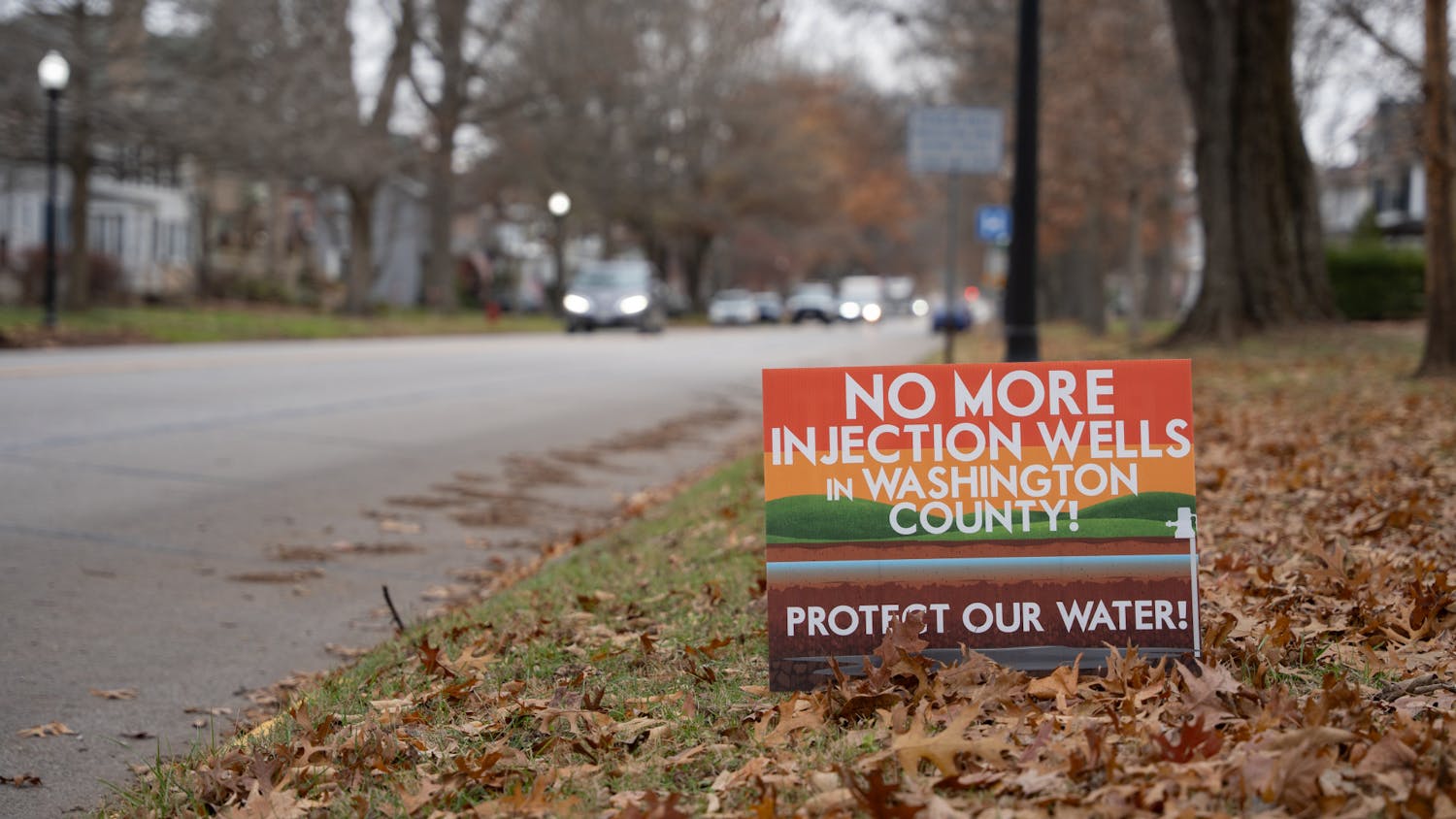Clarification appended.
“Rural Appalachians have long bristled at the way outsiders have portrayed them, replacing their complicated reality with stereotypes about poor and ignorant mountain people,” wrote the Associated Press in their recent story, “In Appalachia, people watch COVID-19, race issues from afar.”
The AP goes on to affirm that belief just two paragraphs later, writing, “Yet it’s impossible to paint a picture of this swath of Appalachia without describing its deep and pervasive poverty. While COVID-19 itself hasn’t hit hard yet, its economic impact is further squeezing a region that can barely afford it.”
While many issues plague the area, Southeast Ohio is more than a collection of poor and uneducated people. It is a diverse region with a rich history that makes the hills a special place to all. Generalizing Appalachia as such is akin to saying that New York City is filled with rich, urban elitists. It’s not true, and it perpetuates damaging stereotypes that those living there have to combat often.
Athens has not been immune from racial tension and the coronavirus. The county suffered one of the largest outbreaks in the state back in July, and has seen numerous protests on the issue of racism.
Multiple of our reporters and staffers at The Post grew up and still call Southeast Ohio and Appalachia home. To them, AP’s article is not only frustrating and angering, but it fills them with sadness knowing that their hometowns are perceived by the media as nothing more than poverty-stricken rural slums. To these reporters, Southeast Ohio is a beautiful place that grew them into the people—and reporters—they are today.
AP’s article is the perfect example of parachute journalism, where reporters are sent to cover areas they have little knowledge about. The reporter uses language intentionally describing Southeast Ohio as this poverty-stricken, dull place, perpetuating the poorness of the area, even though scenes like this are found all across America. These descriptions continue to feed to readers false representations of the people who live in Appalachian counties.
Not only does the reporter choose words that degrade Southeast Ohio, but he chooses to exploit individuals within these communities, documenting their lives in a derogatory narrative. The reporter writes “trailer homes fixed with duct tape” and “roofs with shingles flaking off,” descriptions documenting the poverty of these towns. The article only perpetuates the dark, dreary side of Appalachia instead of highlighting initiatives and efforts that are in place to combat the issues circulating its residents.
Tim Sullivan also writes that, “like COVID-19, the other great story of today’s America – racial tensions and protests - is notable here for its absence. Black life is something most people simply don’t see in southeastern Ohio.” While it’s true that Appalachia is predominately white, to completely dismiss the vibrant culture of minorities in the region as “racial misunderstanding” is wrong. In fact, The Post wrote in 2016 about how Black Appalachians felt as if they were perceived as “Black hillbillies” to those outside the region, “that we were unsophisticated and dumb.” Articles such as Sullivan’s do nothing more than drive home the false narrative that Southeast Ohio is made up of nothing more than poor white people.
Journalism is built on the pillars of fairness and balance. It wasn’t an objective portrayal of these people as it should’ve been, but a recount meant to influence what readers should think about people from Appalachia; that they’re addicted to drugs and impoverished. The article doesn’t represent Appalachia as a whole. The people of Appalachia deserve more dignity than they were given.
Southeast Ohioans and Appalachians care. They are proud of their origins, the issues they continue to overcome as well as the triumphs they succeed in. To only focus on the negatives is not only a disservice to those Americans but to any readers of AP. Appalachia doesn't watch America from afar, it’s at the core of it.
Editorials represent the majority opinion of The Post's executive editors: Editor-in-Chief Molly Schramm, Managing Editor Baylee DeMuth and Digital Managing Editor Matthew Geiger. Post editorials are independent of the publication's news coverage.
Clarification appended: A previous version of this article did not include Sullivan’s name on first reference. The article has been updated to reflect the most accurate information.






